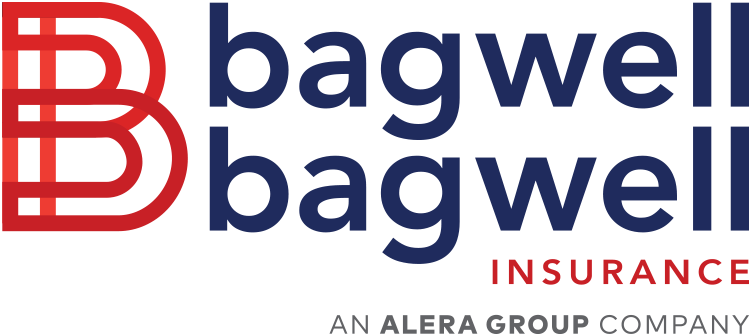How The Grinch Stole Your Information
‘Tis the season for holiday cheer, celebrating the year and online shopping fear. The holiday season is upon us and with that comes an influx of retail activity. It is believed that holiday retail sales will surpass the $1 trillion thresholds for the first time in history, with more than 50% of consumer spending transacted online. Many people will spend the holidays shopping online to save time and avoid large crowds. We can all agree that online shopping is much more convenient. According to the National Retail Federation, online and non-store retail sales are expected to grow between 11% and 14% during the 2019 holiday season compared with 2018.
Despite the convenience, online shopping carries risks and exposes consumers to potential identity theft and fraudulent activity. Cybercriminals target the holiday season due to the increased retail activity. The growth of online holiday shopping directly correlates with an increase in identity theft. As said in the Polar Express, “seeing is believing, but sometimes the most real things in the world are the things we can’t see.” The fact is that most identity theft and consumer fraud is a real concern that often goes unseen although it is unlikely that Tom Hanks’ character was referring to the threats of online scamming. Forty-three percent (43%) of holiday shopping identity theft occurs online.
If you plan to shop online this holiday season, consider these suggestions to ensure a safe online shopping experience and to protect your identity and your money:
Shop on secure websites – check the URL.
Avoid shopping on public Wi-Fi networks.
Use credit cards and avoid debit cards for online transactions.
Do not save your credit card information online.
Establish banking alerts to update you of suspicious activity.
Monitor all transactions and activity on your bank and credit card accounts.
Create unique and secure passwords.
Be wary of phishing scams.
There are plenty of “that wouldn’t happen to me” shoppers that have fallen victim to being scammed. If you were in a “scam-ful” situation, did you recognize what was happening or did you become a victim of these thoughtless and potentially life-changing acts?
The scamming business is booming. According to the Better Business Bureau, annual losses from scams are estimated to exceed $50 billion…. FIFTY BILLION….50,000,000,000! Now that is a lot of moola. It’s also clear that fraudsters are getting more sophisticated with their approach. The tricksters have come a long way from the “wealthy long lost relative” technique. They show up in your homes from thousands of miles away. How can we protect ourselves, our families and our businesses in recognizing the signs and staying clear of the scamming trend?
Better Business Bureau is offering a free (no this is not a scam) program to groups that are interested in becoming part of the solution. Scambusters® is a game that is designed to check the pulse on how scam savvy you really are. This topic is so important that a member of the BBB team will come to you to participate and test your scam literacy in today’s society. Check out the link below and give yourself the gift of protection this holiday season:


